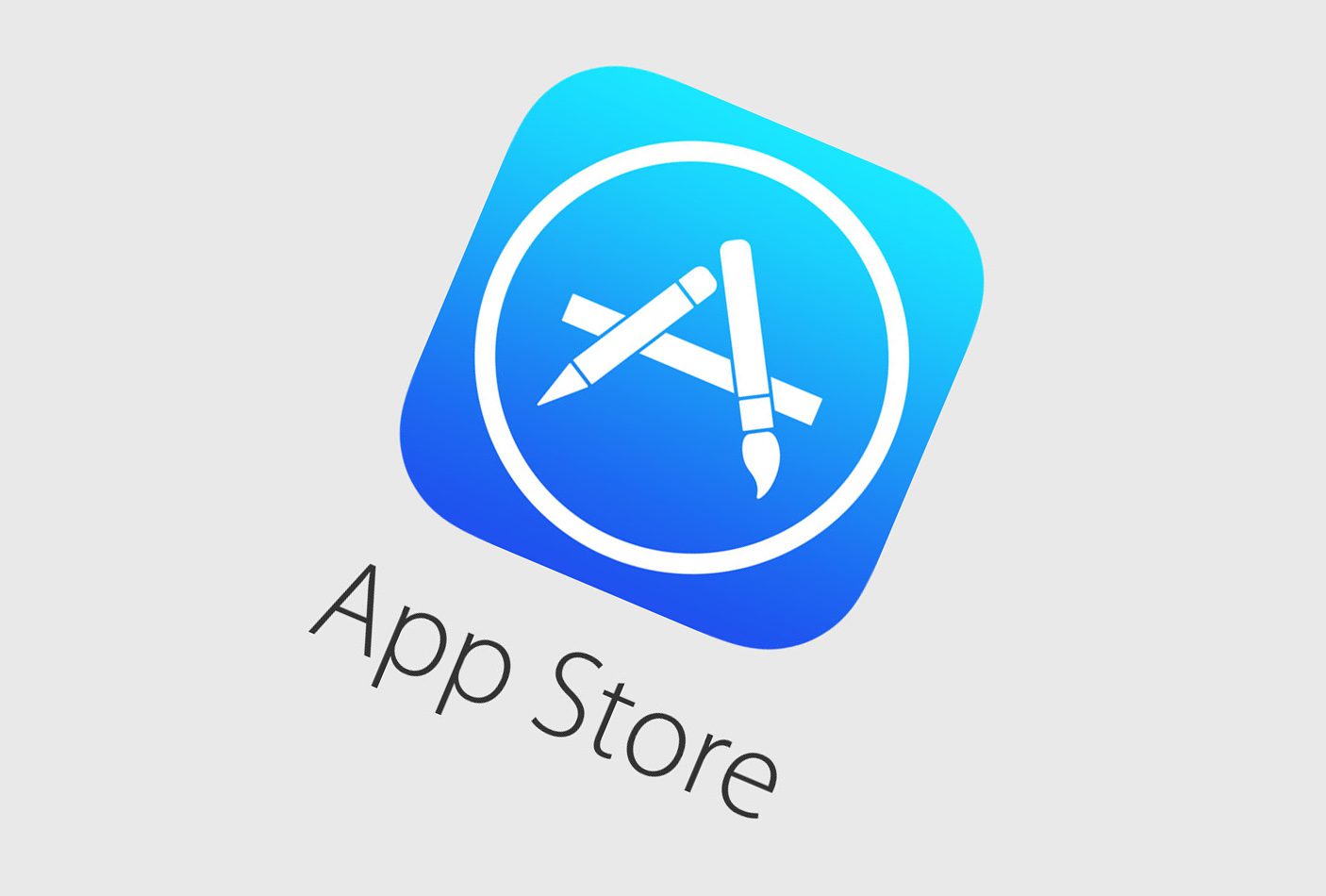If I were Apple, I’d be sweating bullets.
The US Supreme Court ruled 5-4 against dismissal of an antitrust case aimed against Apple’s App Store. The case in question was made by a group of iPhone users that alleged that the 30% commission the store takes is passed along to consumers. The case is propagated on that being a misuse of Apple’s monopolistic power.
Apple’s move to dismiss was based on their assertion that customers were buying these apps from the developers, with the store being an intermediary, with devs setting the prices. The court pointed out that contracts with these developers to sell these apps on the store, keeping their 30% commission for every single sale. They also favored the group’s interpretation for other reasons; namely, that those injured by an antitrust violation can sue for money to recover damages, and that ruling in favor of Apple would set a precedent. Specifically, a precedent that might keep consumers from rightfully suing retailers in a similar situation. That would hypothetically give companies a safe-haven against antitrust claims.
Said Justice Kavanaugh in his written opinion:
Apple’s line-drawing does not make a lot of sense, other than as a way to gerrymander Apple out of this and similar lawsuits.
Said the court as a whole:
If a retailer has engaged in unlawful monopolistic conduct that has caused consumers to pay higher-than-competitive prices, it does not matter how the retailer structured its relationship with an upstream manufacturer or supplier—whether, for example, the retailer employed a markup or kept a commission.
The suit alleges that apple’s consumers pay more than they would if the market was more competitive. in particular, that these developers are forced to mark up their apps to accommodate this 30% cut they’re guaranteed to take.
The court’s decision cites the precedent set by Illinois Brick Co. v. Illinois,
431 U.S. 720 in 1977:
Only direct customers of products or services can seek antitrust remedies against the product manufacturers or service offerers.
Illinois Brick Co. v. Illinois, 431 U.S. 720 (1977)
Apple has since responded to the decision with a statement:
Today’s decision means plaintiffs can proceed with their case in District court. We’re confident we will prevail when the facts are presented and that the App Store is not a monopoly by any metric.
We’re proud to have created the safest, most secure and trusted platform for customers and a great business opportunity for all developers around the world. Developers set the price they want to charge for their app and Apple has no role in that. The vast majority of apps on the App Store are free and Apple gets nothing from them. The only instance where Apple shares in revenue is if the developer chooses to sell digital services through the App Store.
Developers have a number of platforms to choose from to deliver their software — from other apps stores, to Smart TVs to gaming consoles — and we work hard every day to make our store the best, safest and most competitive in the world.
Source: TechCrunch

